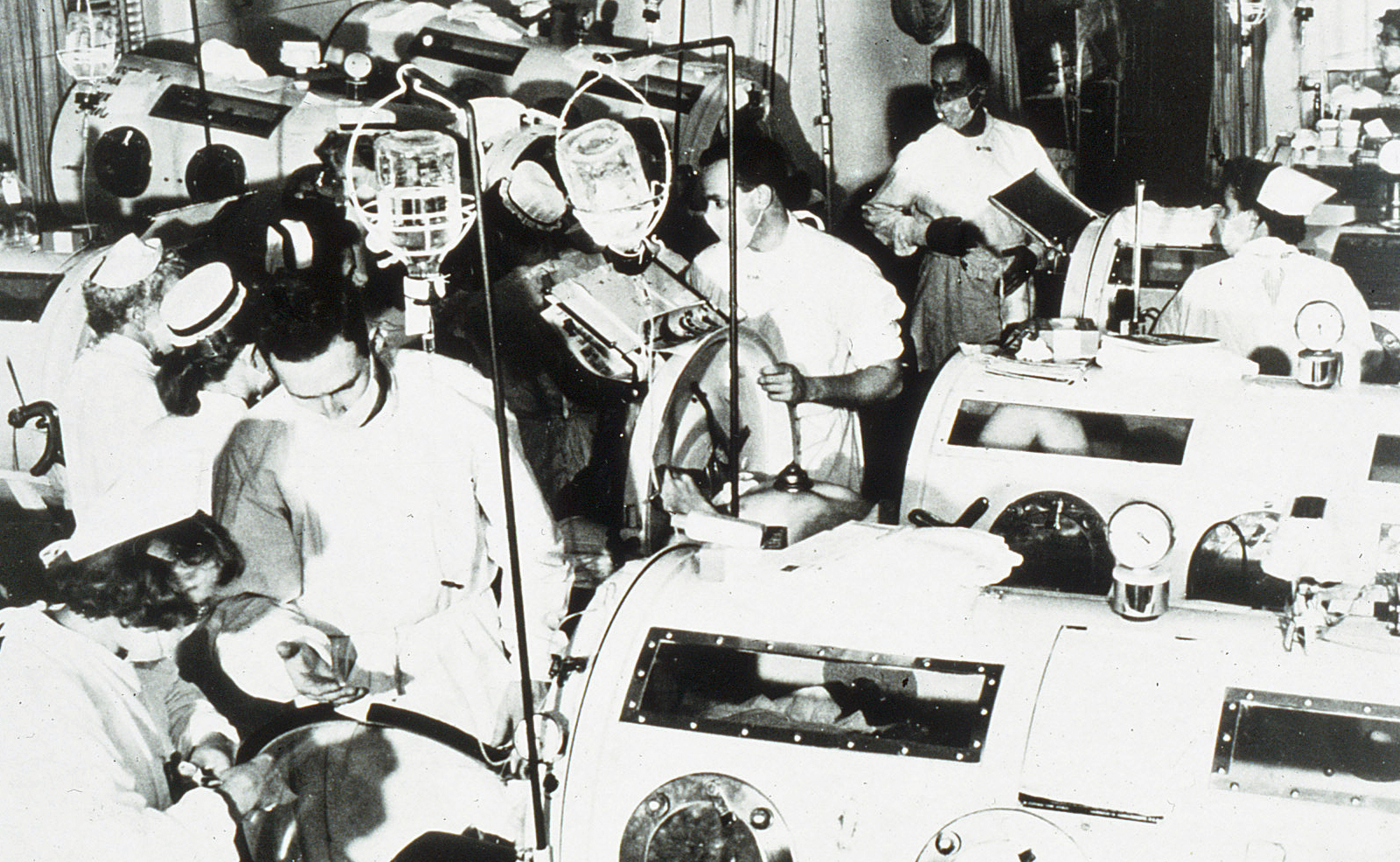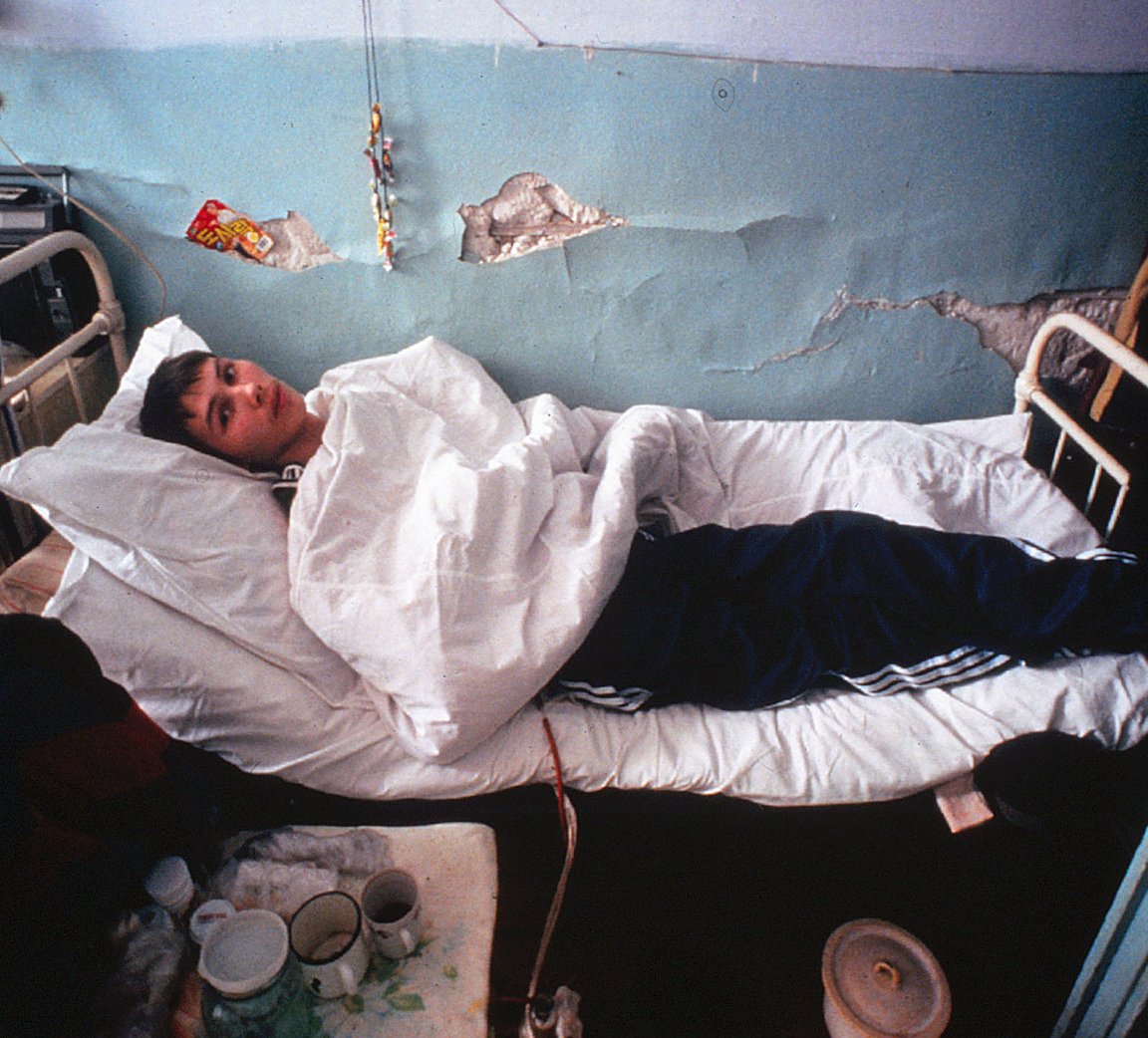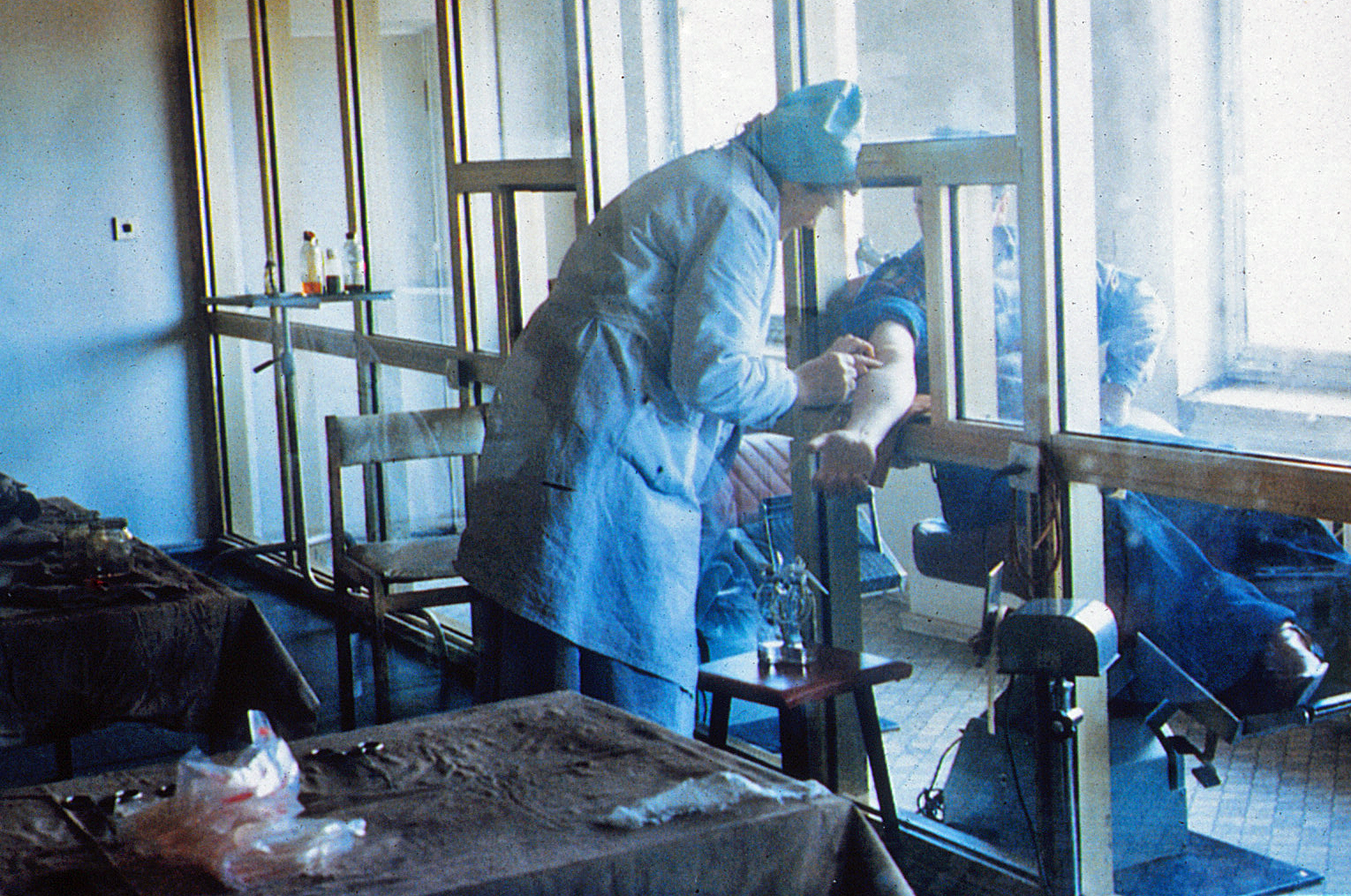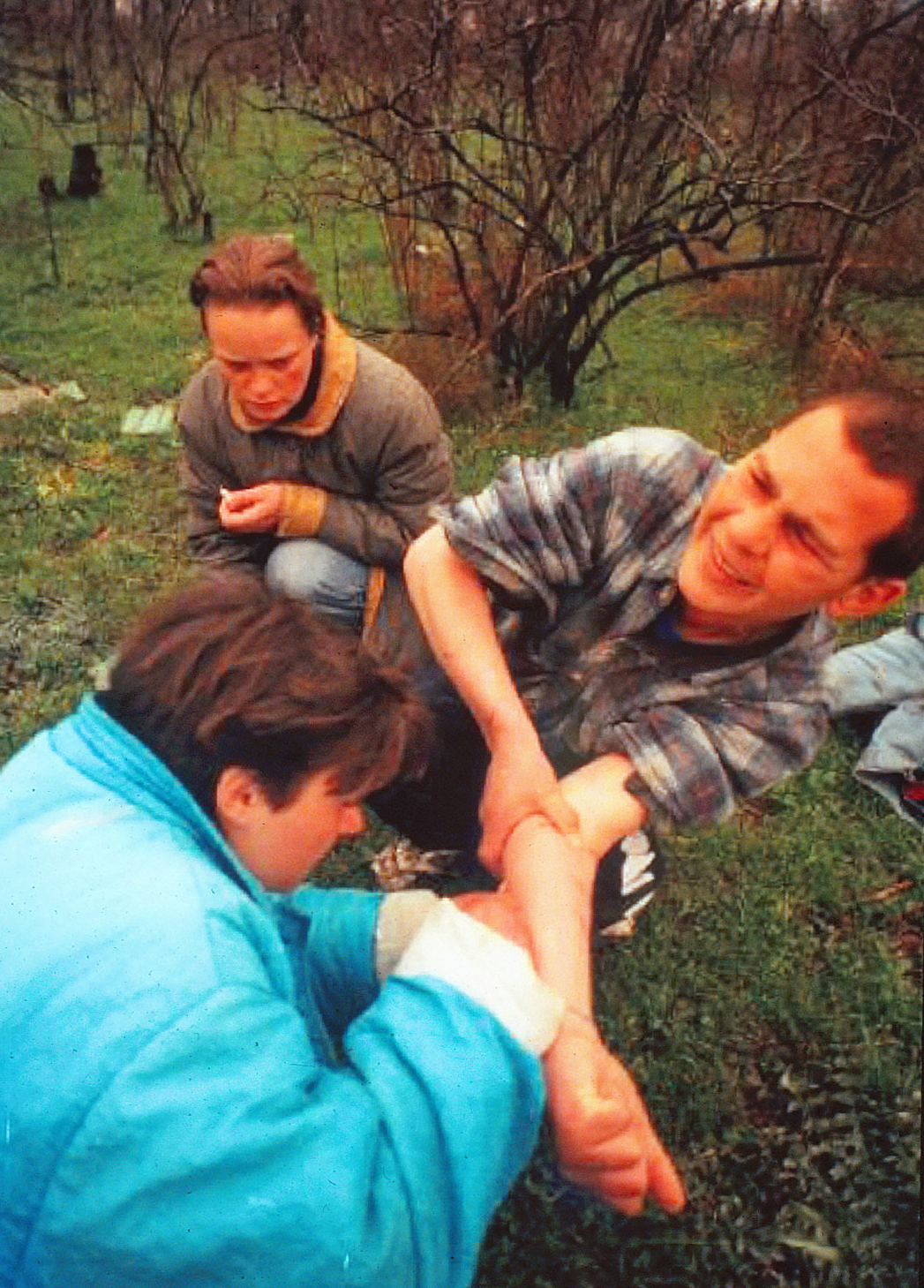Betrayal of Trust
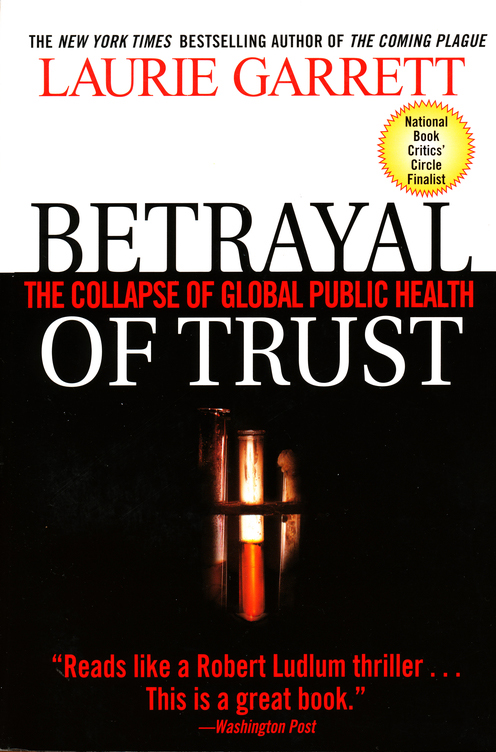
Researched analysis of disaster in the making in a world with no functioning public health infrastructure. In India in 1994, neglect of public health for the poor led to an outbreak of pneumonic plague; the once-dreaded disease is now easily treatable with antibiotics, but the failure of Indian authorities to quickly reach a diagnosis and provide accurate information resulted in a worldwide panic. The former Soviet Union, for all its flaws, according to Garrett, assured every citizen access to health care. After the U.S.S.R.'s breakup, the Russian economy collapsed. With no funding left for health care, Russia was overwhelmed by a tuberculosis epidemic. Even the U.S., historically a pioneer in public health (this commitment was demonstrated by New York City's quick and successful response to an 1888 cholera epidemic, as well as the tenement reform movement of the early 1900s that helped eliminate diphtheria), is lagging today. During the Reagan administration, Garrett says, budget cuts dramatically weakened public health while also denying poor Americans access to medical care. The author believes that the medical challenges posed by the epidemic spread of AIDS in Africa, by drug-resistant microbes carried from one country to another and by the danger of biological warfare can be met only by a cooperative global movement dedicated to strengthening public health infrastructures. Garrett sounds the alarm with an articulate and carefully reasoned account.
QUICK LINKS
Exclusive Material not included in the Book
The uncut, unabridged version of American public health history, as told in Chapter 4 of BETRAYAL OF TRUST.
Part I
In Part One you will read of the history of public health from 1620 to The Great Depression.
Part II
Part Two will take you through WWII and the post-war years. In the bibliography and end notes provided here are sources not published in BETRAYAL OF TRUST.

